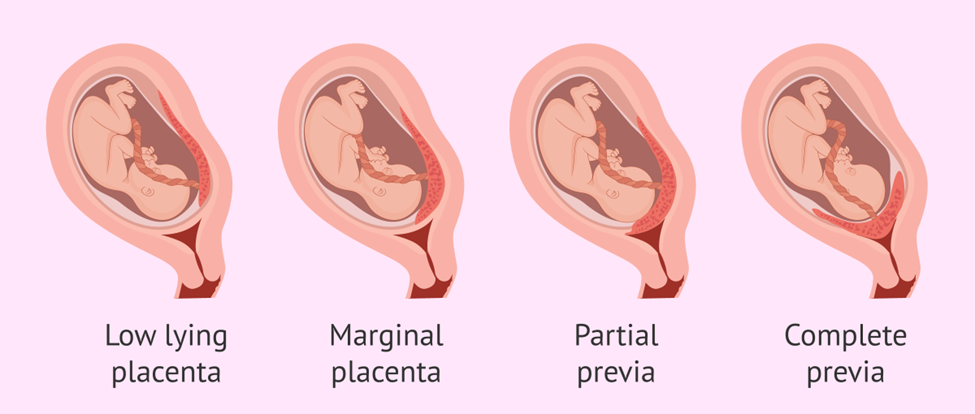A nurse is caring for a client who reports chest pain. Which of the following laboratory findings indicates myocardial damage?
Troponin 11.8 ng/mL
Erythrocyte sedimentation rate (ESR) 17 mm/hr
Human B-type natriuretic peptide 88 pg/ml.
aPTT 80 seconds
The Correct Answer is A
A.
A. Troponin is a protein released into the bloodstream when there is damage to the heart muscle (myocardium), such as during a heart attack. Elevated troponin levels indicate myocardial injury or damage, making this the correct choice for indicating myocardial damage.
B. Erythrocyte sedimentation rate (ESR) measures the rate at which red blood cells settle in a tube of blood. It is a non-specific marker of inflammation and is not specific to myocardial damage.
C. Human B-type natriuretic peptide (BNP) is released by the heart in response to increased pressure and volume. Elevated levels are indicative of heart failure, not necessarily myocardial damage.
D. Activated partial thromboplastin time (aPTT) measures the time it takes for blood to clot. It is used to monitor the effectiveness of anticoagulant therapy and is not specific to myocardial
damage.
Nursing Test Bank
Naxlex Comprehensive Predictor Exams
Related Questions
Correct Answer is C
Explanation
A. Rupturing the amniotic sac in the case of complete placenta previa can lead to significant bleeding and is contraindicated.
B. Pain medication may be administered if needed, but the priority is to address the placenta previa and potential complications.
C. Complete placenta previa at 36 weeks gestation with contractions and bleeding is a clear
indication for an emergency cesarean section to prevent maternal hemorrhage and fetal distress.
D. Performing a vaginal exam can increase the risk of bleeding and should be avoided in cases of placenta previa.

Correct Answer is D
Explanation
A. Portable suction may be needed for some infants but is not specifically indicated for tetralogy of Fallot.
B. A cervical collar is used for neck support in patients with suspected cervical spine injuries and is not indicated for tetralogy of Fallot.
C. A hemodialyzer is used for renal replacement therapy and is not indicated for tetralogy of Fallot.
D. A pulse oximeter is essential for monitoring oxygen saturation levels in infants with tetralogy of Fallot, as they may experience cyanosis and hypoxemia. Monitoring oxygen saturation helps guide interventions and management.
Whether you are a student looking to ace your exams or a practicing nurse seeking to enhance your expertise , our nursing education contents will empower you with the confidence and competence to make a difference in the lives of patients and become a respected leader in the healthcare field.
Visit Naxlex, invest in your future and unlock endless possibilities with our unparalleled nursing education contents today
Report Wrong Answer on the Current Question
Do you disagree with the answer? If yes, what is your expected answer? Explain.
Kindly be descriptive with the issue you are facing.
